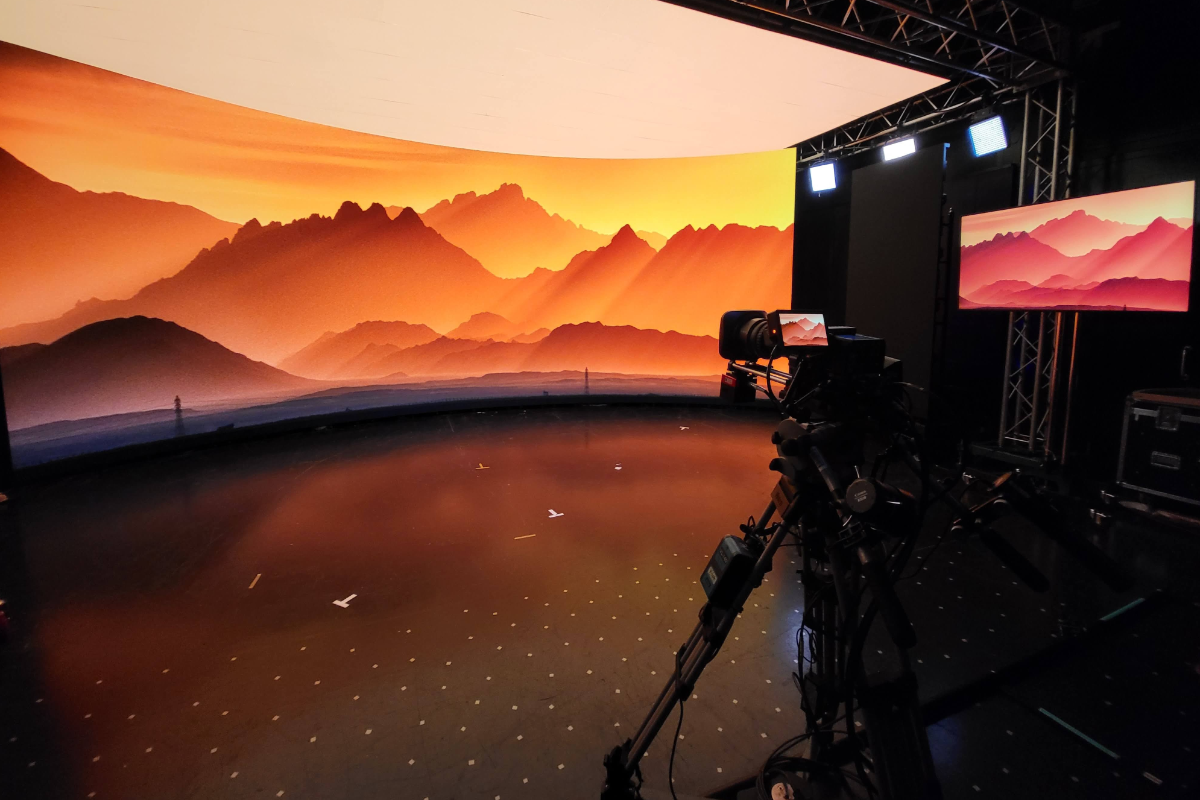
Virtual production technology
Photo: Anna Valley
LAMDA invests in virtual production technology training
The drama school will become one of the first in the UK to offer training in virtual production and motion capture technology following £2m government grant.
The London Academy of Music and Dramatic Art (LAMDA) is investing £2m in a new studio space which will offer students virtual production technology training.
The drama school has received almost £2m in funding from the Department of Education (DfE) to develop the studio, which it hopes will be open and offering courses to students before the end of the year.
The studio will provide training in virtual production (VP) and motion capture (Mocap) technology, the use of which has accelerated in the screen industries since the pandemic.
LAMDA says to deal with the skills gap in VP and Mocap, it will introduce a Foundation Degree course in Creative Virtual Production Management, an MA course in Production Management in Screen, Audio & Virtual Production and academic credit-earning evening courses in specialised digital skills.
It will also use part of the DfE funding to update its audio suite and replace halogen lights with environmentally friendly LEDs, as part of an overall shift towards including sustainability as a fundamental principle of its production and technical art course.
LAMDA Principal and Chief Executive Professor Mark O’Thomas said the “substantial investment into LAMDA’s screen skills component future-proofs the learning environment for changing industry needs”.
“It ensures our students emerge from training being ‘set ready’ in a range of technologies, and technicians enter the work arena with the right skills, knowledge, and experience to meet future demand,” he added.
“VP and Mocap are becoming more and more widely used by TV and film studios which is also advancing at such a pace that skilled employees are difficult to recruit.”
“The capital grants allow LAMDA to provide students with niche, relevant and up-to-date skills that even most industry professionals would not have. It exposes students to the latest screen technology uses while addressing the growing skills gap in screens and film industry.”
Join the Discussion
You must be logged in to post a comment.